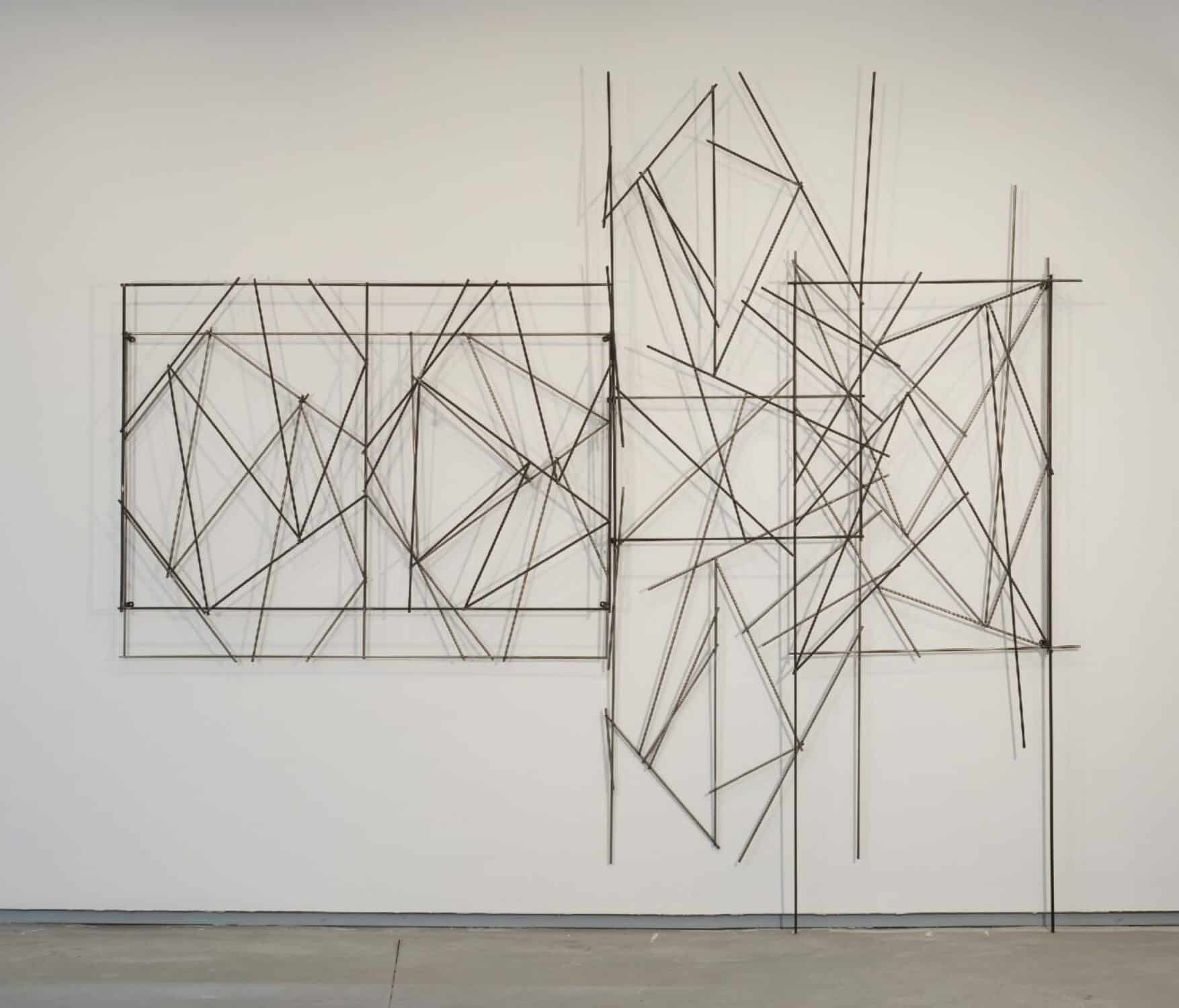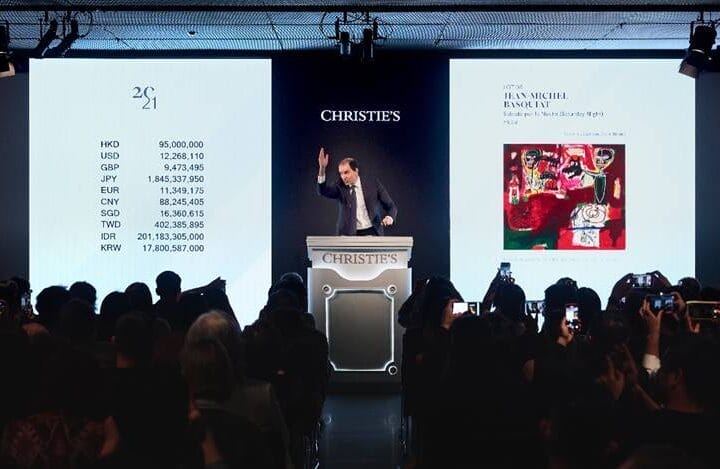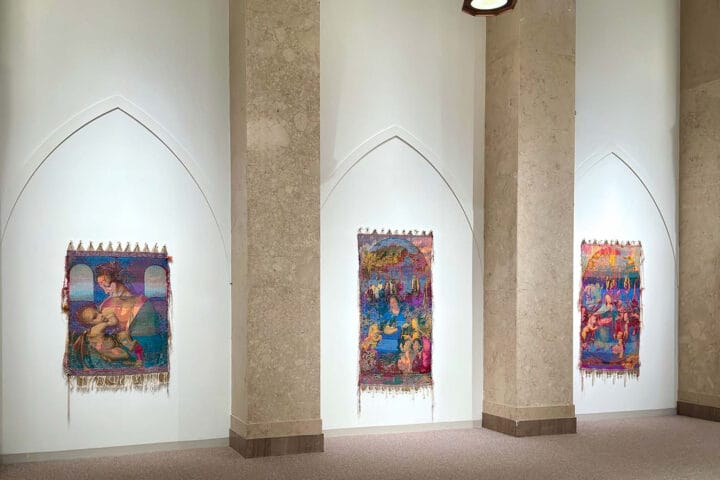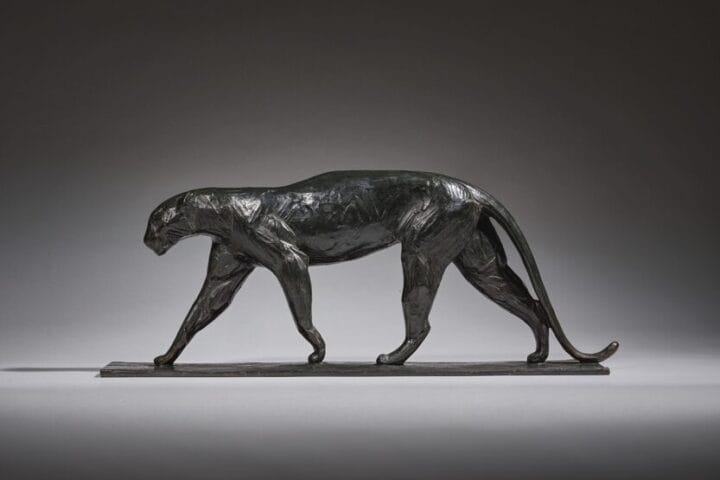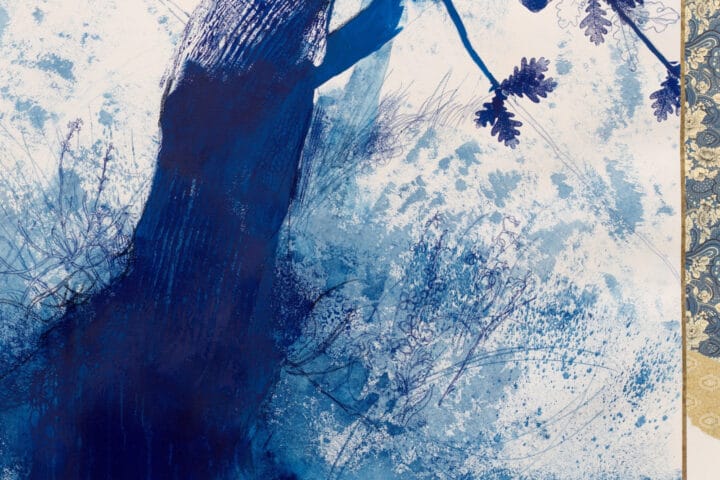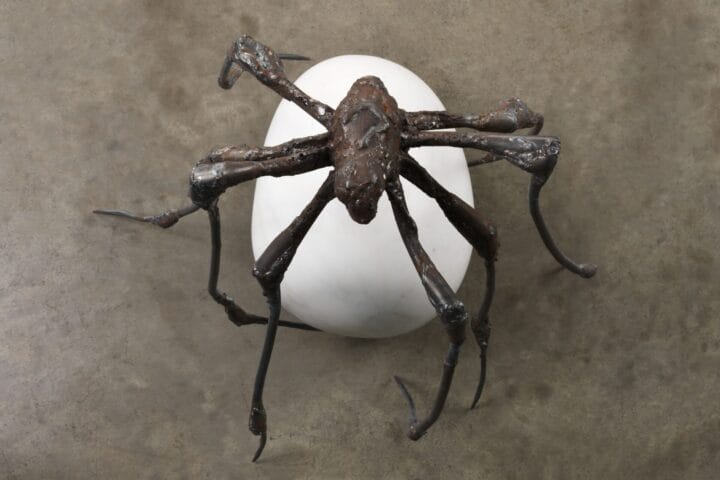“I believe it is fundamental to recover important figures of art, to revalue and give them the importance they deserve. I am excited to present this exhibition in order to keep alive the great artist’s, Nacho Criado, memory. His work is most essential to understand the second half of 20th Century art.”
Álvaro Alcázar Gamarra
On the occasion of the 10th anniversary of Nacho Criado’s death, the Alvaro Alcázar Gallery presents an exhibition tribute, with a review of his most emblematic works such as the ones of the series “Vidas prestadas”, “El homenaje a Rothko”, “Mirame … senza occhi” and the work that gives the title to the exhibition “Dieci anni dopo” among others.
Nacho Criado often reflects on his identity throughout his work. In fact, although he was considered one of the first representatives of conceptual art in Spain, he refused to declare himself a pioneer artist since his works, although complex and difficult, according to him they were depicted and originated from traditional art works.
The artist himself defined art as “being able to create that which its individual complexity goes beyond logical explanations. Art allows the world and ideas to be constantly
redefined”.
Brief Biography:
Nacho Criado (Jaén, 1943 – Madrid, 2010)
In Madrid he trained as an architect and meanwhile he attended Jesús Trapero’s sculpture workshop. In 1967 he arrived to Barcelona to study sociology until 1969, when he returned to Madrid. In his beginnings, in the mid-sixties he was concerned with formal reductionism, material behavior as well as procedural and spatial aspects that later urged it to more conceptual tendencies.
Between 1966 and the earliest seventies his work was limited to Minimalism, closely connected to arte povera’s principles, reflecting and questioning the sense of space and light within his personal view of conceiving them.
Since 1970 the pillars of his work have been directed towards an expansion and liberation of his dialect. Allowing Nacho Criado to shape his work in an open and precise way. Thus, giving priority to aspects such as the experience of time, identity and the hybrid condition of artistic practice.
When he first received the national prize of Plastic Art in 2009, Nacho Criado stated that “it was due to the amount of work and effort” dedicated to his art work.

